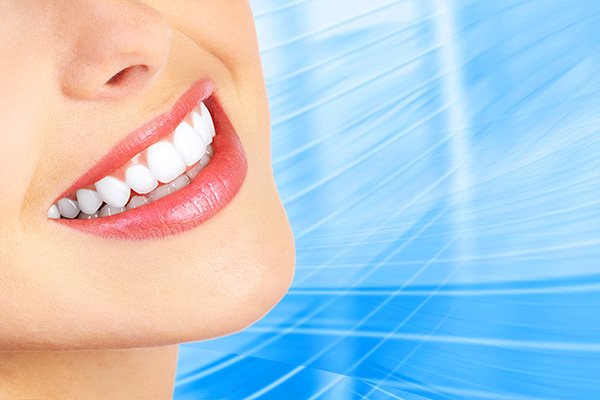FAQs About Teeth Whitening

Teeth whitening is a cosmetic dental procedure to eliminate stains and discolorations from the teeth. If you have been scheduled for a teeth-whitening appointment, then it is reasonable to have questions about the procedure and what is expected from you. This article answers some of the frequently asked questions about teeth whitening.
Teeth whitening FAQs
The following are questions that are often asked about teeth whitening procedure:
Is teeth whitening effective for all color stains?
No. Bleaching works well for yellowish teeth, is less effective on brownish teeth and may not even work for grayish-hue or purple-stained teeth at all. Blue-gray staining due to tetracycline is harder to lighten and may need several in-office whitening procedures or six months of at-home whitening for any significant result. Teeth with dark, stubborn stains may be suitable for other cosmetic procedures such as bonding, veneers or crowns.
How often would I need teeth whitening?
The results from a teeth-whitening procedure are not permanent. Constant exposure to teeth-staining foods or beverages may cause the sparkle to fade within a few weeks. With proper precautions, patients may be able to maintain the whiteness for up to a year before needing retreatment.
What follow-up is required?
After the whitening treatment, the patient will need to revisit the dentist after a few days to check the condition of the gums. For at-home teeth whitening supervised by the dentist, the dentist will need to examine the gums and the teeth for the treatment progress, probably after a week and again, several weeks later.
What are the risks associated with whitening?
Two major side effects of teeth whitening are tooth sensitivity and minor irritation of the soft tissues in the oral cavity, especially the gums. Both conditions are temporary and typically disappear soon after the treatment completes.
Are teeth whitening products safe and effective?
Bleaching products are given by the dental office, and in-office teeth-whitening products typically have the ADA seal of acceptance. This means that the product conforms with the ADA’s guidelines for safety and effectiveness. Many over-the-counter teeth whiteners do not have the seal and are not recommended.
Does teeth-whitening damage the enamel?
Whitening products containing 10 percent carbamide have no detrimental effect on the enamel and existing dental restorations. Instead, restorations such as crowns, bonding, tooth-colored fillings and veneers do not respond to whitening. This means that the patient may need to replace existing restoration to match the new teeth color after a whitening treatment.
How do I preserve the results of the treatment?
Patients must avoid teeth-staining foods and preferably, use a straw when drinking colored beverages to limit contact to the teeth. Brushing and flossing regularly as well as routine dental cleaning is essential to keep the teeth healthy. Regular touch-up treatments every year can help preserve the results of the procedure.
Final note
Irrespective of the teeth whitening method, the extent of whiteness varies with each individual and depends on the state of the teeth, nature and extent of the stain, the concentration of the leaching product, and the duration of treatment. The cosmetic dentist will provide a suitable recommendation after examining the patient’s dentition.
Request an appointment here: https://www.gablesexceptionaldentistry.com or call Gables Exceptional Dentistry at (305) 203-4132 for an appointment in our Coral Gables office.
Check out what others are saying about our services on Yelp: Read our Yelp reviews.
Related Posts
Dental veneers or dental crowns may be viable solutions to improve your teeth's appearance and functionality. These cosmetic dental treatments offer different approaches and benefits while addressing various dental issues. Discover which of these two transformative options is most suitable for you.Dental veneers are thin porcelain or composite resin shells that the dentist will custom-design…
A dental implant is the gold standard of dental restorations. It provides stability and natural-looking results. Understanding the benefits of implants can motivate you to see your general dentist about it. Here are the different oral health advantages of a dental implant.The titanium rod acts as the dental root. It merges with the jawbone and…
Dental crowns are restorations that can address a range of dental issues, from severely damaged teeth to protecting a tooth after a root canal. They help preserve oral health and enhance a smile's appearance. In addition to being versatile, they are available in different materials, which can be helpful for individuals who want options.Dental crowns…
Dental crowns are a reliable and effective tool for restoring damaged teeth. While most people think of dental crowns in relation to root canals, crowns can also restore beauty and function to cracked teeth. If you have fractured a tooth, a dental crown may be the solution you have been looking for.A dental crown sits…
